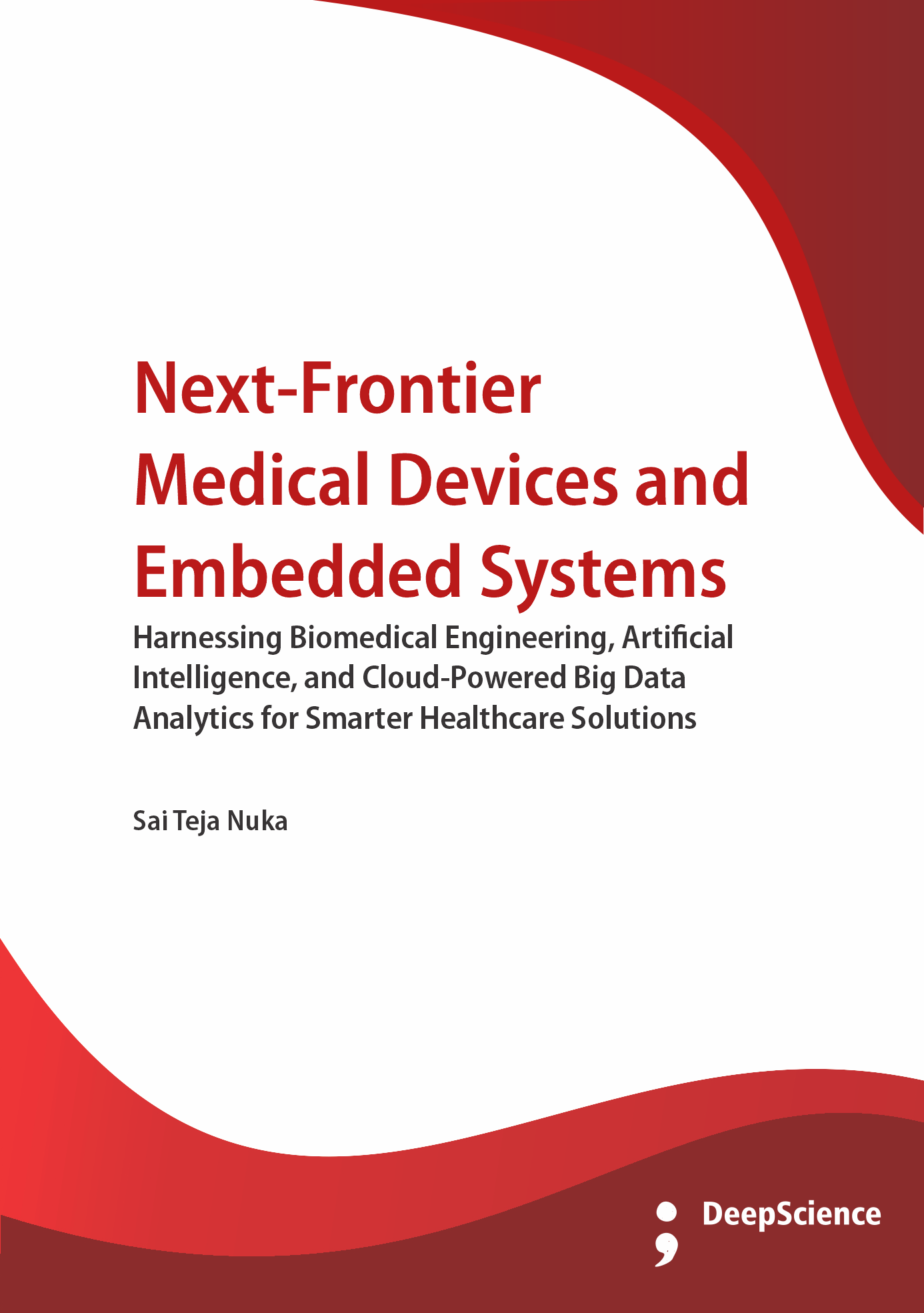Standardization and interoperability of devices across healthcare ecosystems
Synopsis
Interoperability plays a key role in the future of digital health. It allows seamless workflows by connecting patients, technologies and stakeholders into a unified healthcare ecosystem. Standardized data transactions allow millions of interconnected devices, applications, machines, people and stakeholders to reliably exchange and interpret health data, while preserving data privacy and uniqueness. Interoperability connects devices, applications, stakeholders and services to the healthcare ecosystem. It also refers to the seamless and reliable exchange of data between devices, applications, back-end integrations and big data infrastructures, while providing and preserving the unique data privacy of individual patients. A unique digital health ecosystem enables a unified data flow around the patient, where points of care, stakeholders and devices come together and securely connect, allowing data to flow to and from individual patients and their physical and digital health. Seamless workflows of connected devices allow stakeholders to increase healthcare system performance and transparency, while reducing costs, effort, errors, fraud and delays. Digital and data-driven patient engagement solutions connected to point of care, patient generated health data, social determinants and back-end infrastructure drive seamless and meaningful patient participation into a digital health ecosystem. From a digital health ecosystem perspective, relevant focus areas of medical device interoperability include remote and point-of-care diagnostic solutions, sensor-based and digital treatments delivered from wearables, implanted devices, connected pharmaceuticals, bio-responsive digital therapies, advanced telehealth solutions and patient-centered care connectivity during the perioperative period. A unique digital health ecosystem enables a unified data flow around the patient through connected point-of-care diagnostic devices, sensors, data analytics infrastructure and digital health solutions, while allowing secure access to individual patient's unique digital health data from their back-end infrastructure and big data banks.












